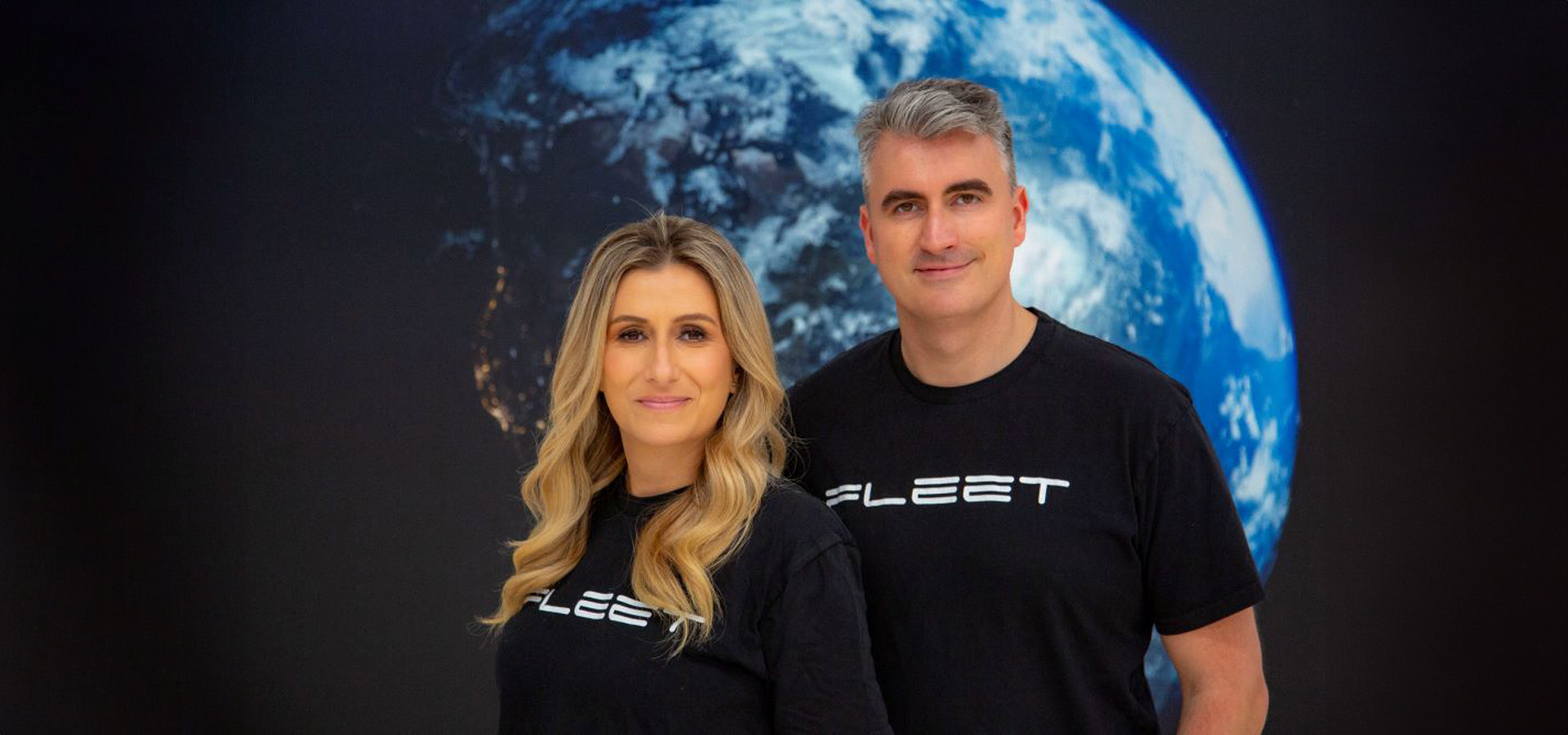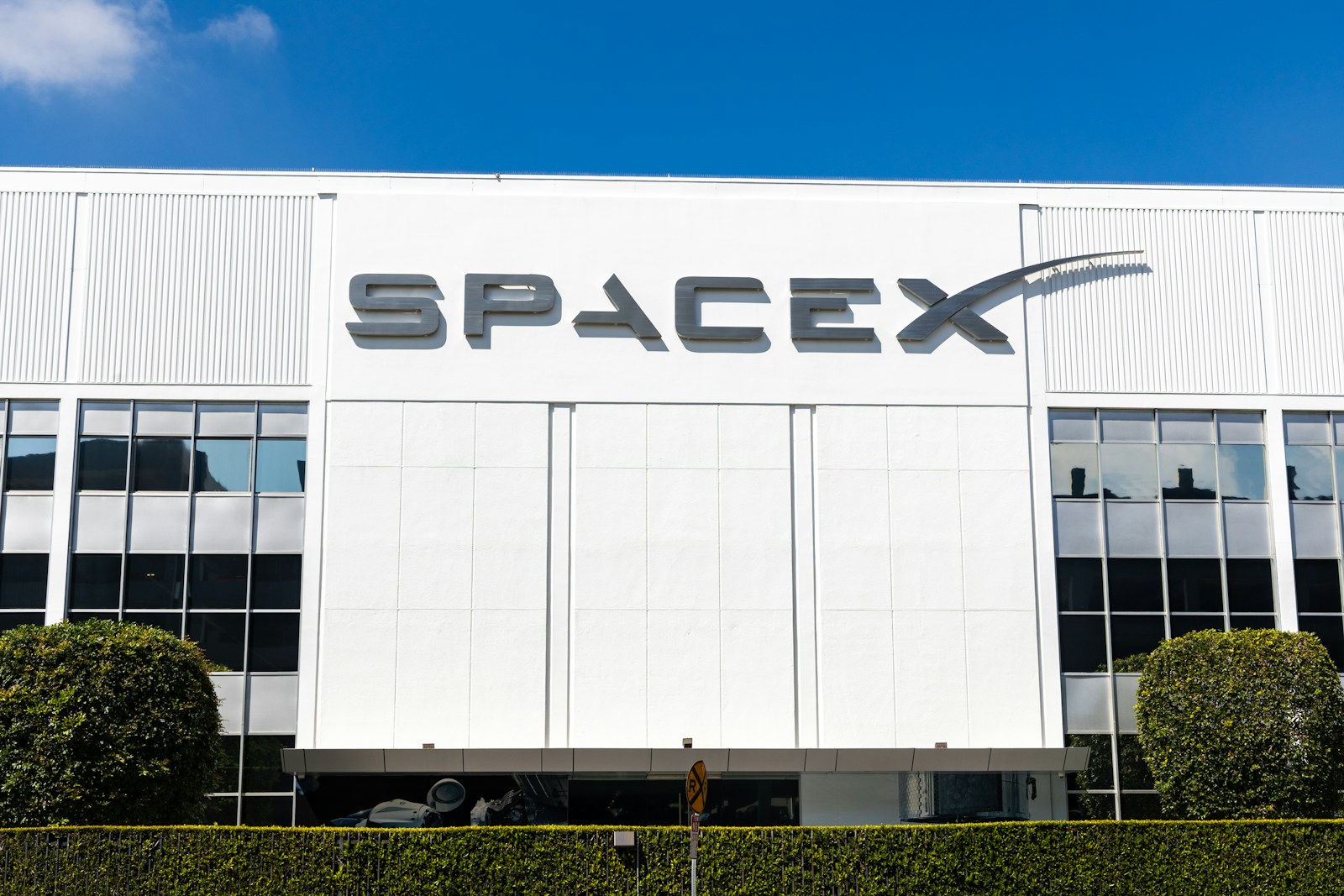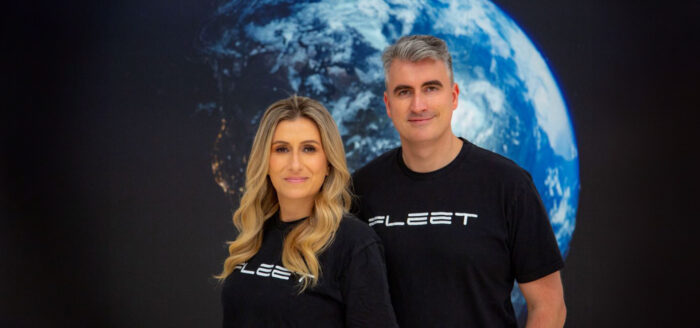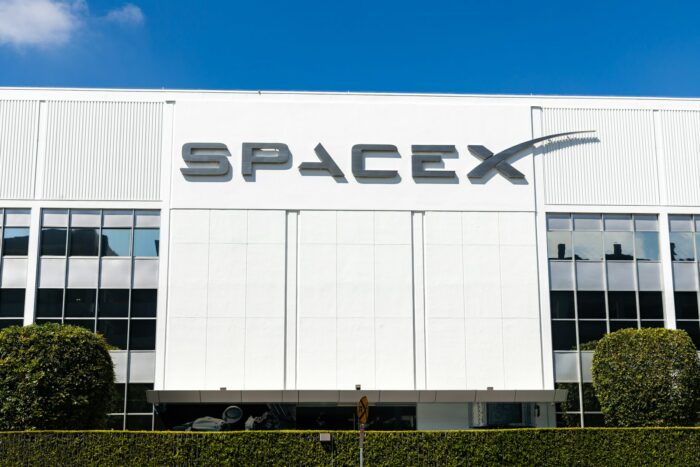Mohsen Al Awadhi never dreamt of working in the space industry. Quite serendipitously, his journey into this new realm began when the United Arab Emirates’ (UAE) young space agency started looking for promising talent in 2014.
“Purely by coincidence, and purely by the leadership in the UAE, enabling the youth, giving them such opportunity. I was lucky enough to be in the right place at the right time,” Al Awadhi stated while recalling his personal journey into the space industry.
Today, Al Awadhi serves as a prominent figure within the country’s respected UAE Space Agency.
The UAE Space Agency is a relatively recent entity founded in 2014, with positions assigned according to capabilities to foster national ambitions, enhance scientific research and innovation, and ensure knowledge transfer in space technology.
“From day one, the agency has been focusing on international collaboration, mounting missions in co-operation with partners in the international community to bring in knowledge to the UAE,” Al Awadhi explains.
One of the Emirates’ recent achievements includes overseeing their astronaut, Sultan Al Neyadi’s safe return from a six-month mission, marking the longest space mission by an Arab astronaut. He also became the first person from the Middle East to conduct a spacewalk, a feat not commonly achieved without extensive prior experience. In addition, Nora Al Matrooshi, the first female Emirati astronaut, is planned to launch to space in 2024, as part of the human spaceflight program being operated by Dubai’s Mohammed bin Rashid Space Centre – one of a growing number of space capable organizations in the country.
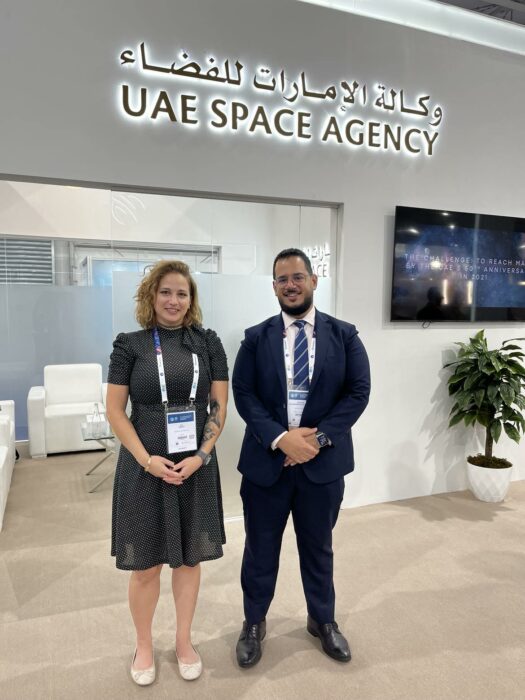
Following on from its successful mission to Mars, the UAE Space Agency is already looking towards new horizons, with several ambitious missions in the pipeline. The selection of these missions is deliberate, aiming to challenge and push the boundaries of what is achievable in space exploration. An emblematic example of such a daring endeavor is the forthcoming mission to the asteroid belt, set to launch in 2028.
“The idea was, how can you do something more challenging. And this package came together representing the seven emirates: a journey to reach seven asteroids,” Al Awadhi elucidates.
The mission also highlights the Agency’s recent focus on how they can start including the private sector. 50% of the Emirates Mission to the Asteroid Belt (EMA), is to be developed by the private sector within the country. The seven never-before-visited asteroids were not chosen randomly either but with the help of the science community. Furthermore, the Agency is currently working on another mission, Sirb (Arabic for a flock of birds), which is a constellation of synthetic aperture radar satellites.
The space industry’s ever-expanding frontier necessitates the constant development of human resources. The nurturing of this talent pool within the UAE has been a leading priority for the Space Agency.
Al Awadhi elaborates, “The pool of knowledge today, comparing it to 10 years ago, there’s a huge difference, the curve is just going up. All of these graduates will be even better than me soon enough.”
Just recently, the UAE Space Agency created the Emirates Space Academy to better develop the nation’s capabilities. The nine-month program fulfils the needs of the more complicated missions while students gain the necessary skills and knowledge to be able to work in the field in the future.
Amid all these ambitious projects and initiatives, Al Awadhi affirms his commitment to being a trailblazer within the Agency until 2034, the expected completion date for the asteroid mission.
Meanwhile, he also dreams of fostering future leaders within the agency: “part of what we do is train leaders, skilful individuals who can lead such future missions and go forward and execute even more complicated ones.”
The overarching message is that the UAE Space Agency seeks to contribute to the international community’s growing body of knowledge. By focusing on knowledge-based missions and empowering not only UAE nationals but anyone based in the UAE, the agency redefines the narrative of the modern space sector. Furthermore, it paints an optimistic picture of space exploration where boundaries are pushed, and the impossible becomes possible.
Featured image: Credit: UAE Space Agency
Share this article:




